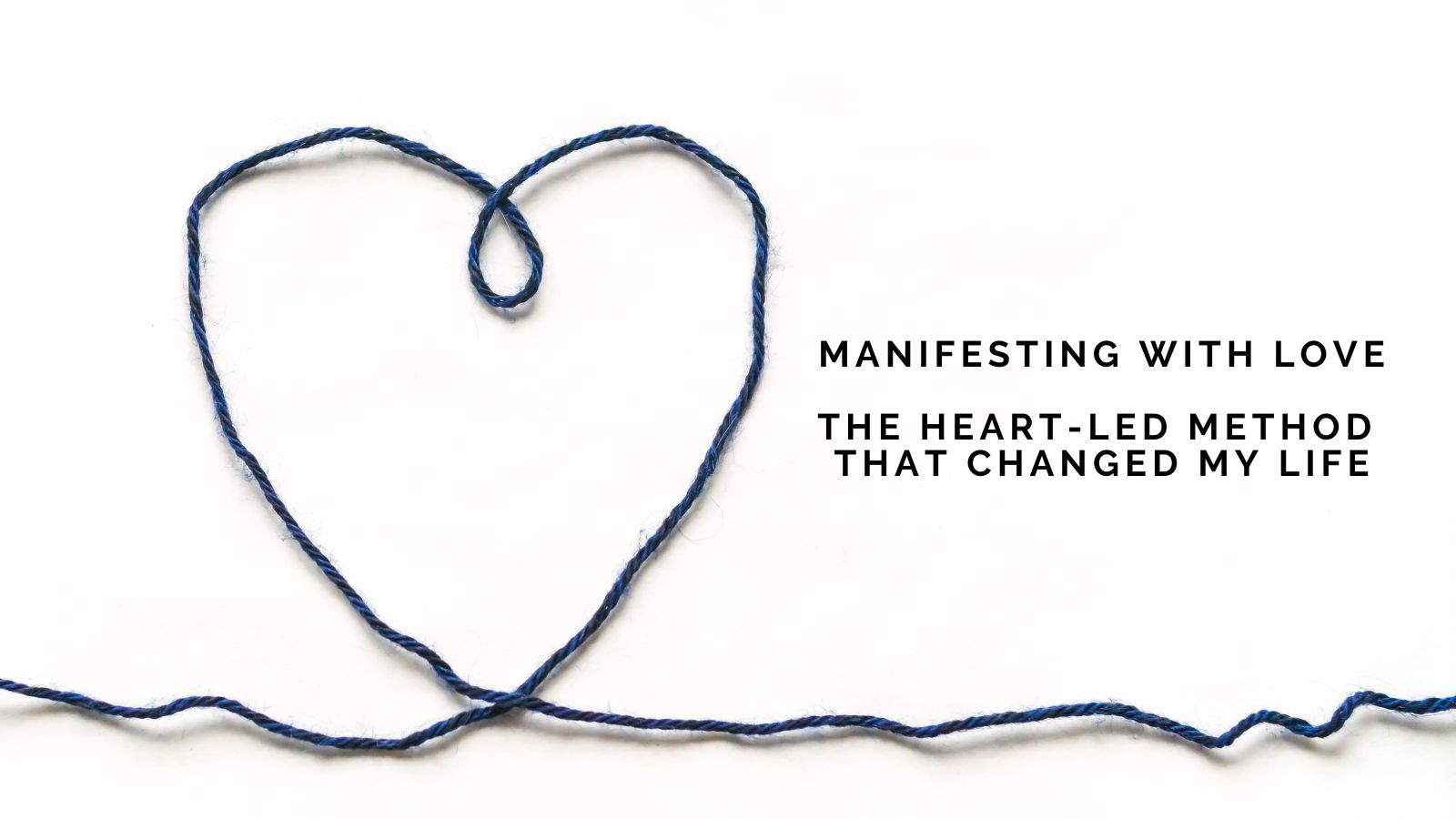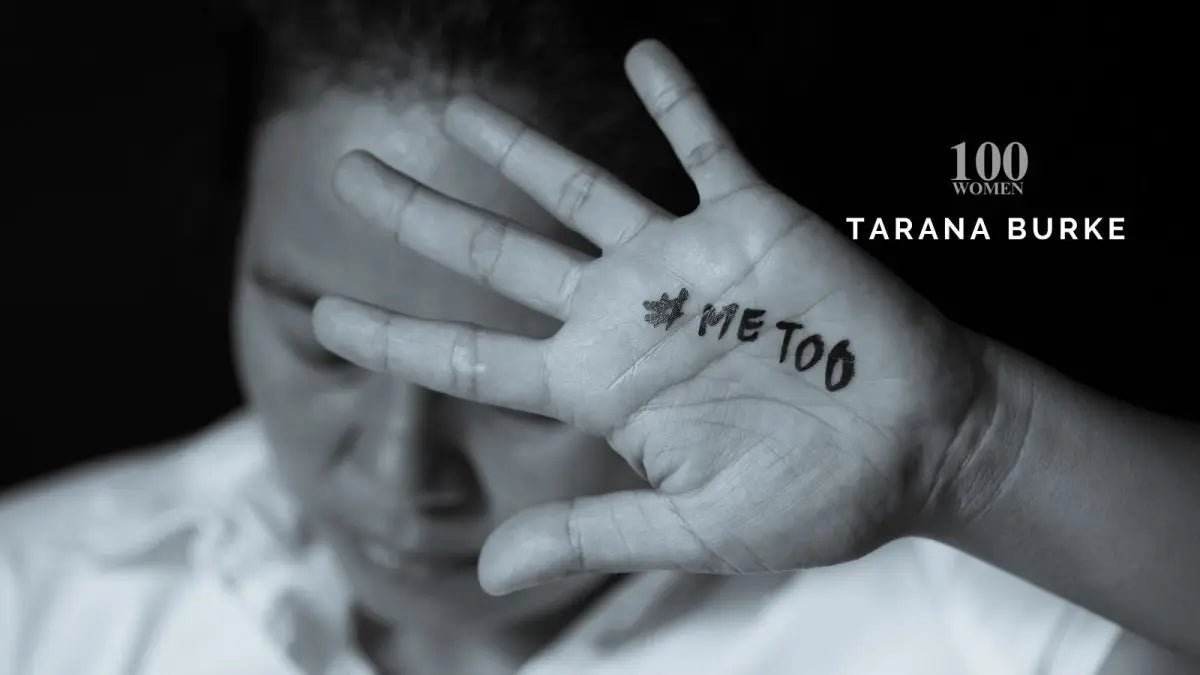
I was born in Nigeria and raised in Westchester County, New York — the kind of place where lawns are tidy, surnames carry weight, and the question “Where are you from?” can feel more like a challenge than a curiosity.
For a long time, I answered simply: “Nigeria.”
That answer carried the memory of my mother, whom I lost at a young age. Without that connection, I feared I might lose the last thread to her altogether. So, Nigeria was always at the forefront — even in the early days when I would have given anything to be Stacy instead of Yetunde. Thankfully, that urge passed.
It wasn’t until university that I learnt the term third culture kid — a neat little label for those of us who don’t fit cleanly into our country of birth or the place we grew up. Suddenly, the pull I’d always felt towards other immigrant kids made sense. We shared an unspoken language, even if none of us had the vocabulary for it back then. We were orbiting different worlds, but somehow knew how to see each other.
Over time, my answer to “Where are you from?” got more layered. Now I ask, “Do you want the short version or the long one?” Because every layer has shaped me, and honestly, I think they’re my superpower.
My sense of belonging used to chase something big — a national identity, a cultural claim. But the older I get, the smaller the circle becomes. These days, belonging looks like routines and rituals. A quiet morning making tea. Friends who know what dish I’m likely to cook on a rainy day. A kitchen where I know where everything lives.
I live in neither the country of my birth nor the one where my son was born. He is not being raised “American” in the traditional sense — but then again, I wasn’t either. My upbringing sat in the in-between. So instead of replicating a culture, I parent with intention. I pull from the best values I inherited, even if I never learnt them in a textbook. He eats some of the American dishes I never had growing up and hears cultural stories I couldn’t have told, but he also eats egusi soup and understands that food is love.
It’s strange: I didn’t cook many Nigerian dishes while living in the U.S. I enjoyed them when my dad made them — they were a treat. But I didn’t often make them myself. Later, in Paris, I started cooking them more. Maybe because, ironically, the ingredients were easier to find than they were in suburban New York. Or maybe because I was ready to stop substituting pieces of myself to fit in.
I think some people still assume that without one fixed cultural identity, we must feel lost. That we’re fragmented. But that’s a narrow way of thinking — and often a privileged one. Humans have been migratory forever. The purest bloodlines often come with fragility. Strength is in variation.
These days, I’m less interested in being “from” somewhere and more interested in what travels with me — the flavours, the values, the lessons. And I hope, someday, my son feels that too. That no matter where he finds himself, he’ll know how to create a home: with a meal, with a memory, with people who understand the long version of who he is.
_(81).jpg)
 (80).jpg)

















